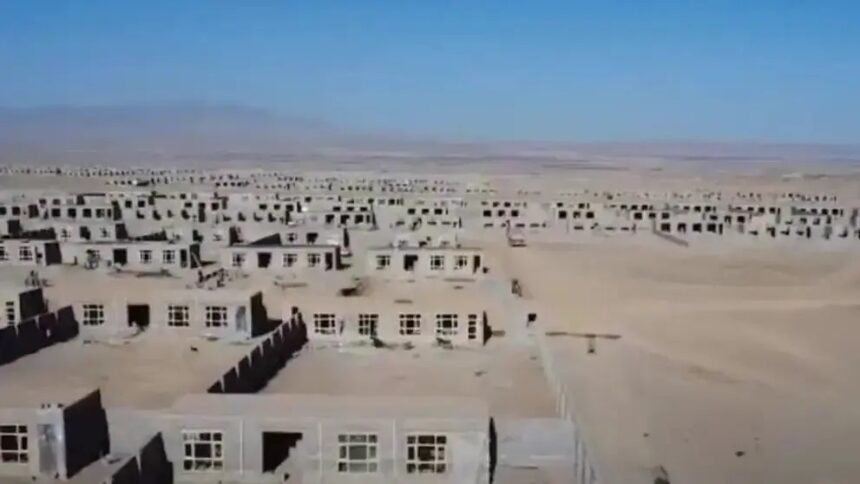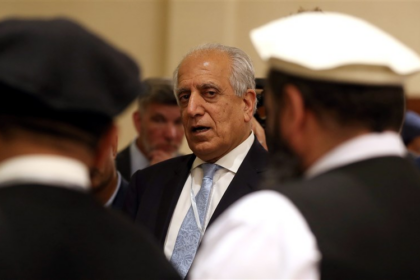RASC News Agency: Reports indicate that the Taliban have discreetly transferred dozens of families affiliated with Tehrik-i-Taliban Pakistan (TTP) from Gulan refugee camp in Khost and the border regions of Paktika to designated settlements in Ghazni province. According to sources, the Taliban have pledged a monthly stipend to each member of these militant families, ensuring their financial stability. This covert relocation stems from a classified agreement between the Taliban administration and the TTP, under which these families are exempt from biometric registration and official documentation to safeguard their anonymity. A source familiar with the matter stated, “The families consented to relocation on the condition that their privacy would be preserved and that they would receive financial assistance.”
The operation is reportedly overseen by multiple Taliban ministries, including the Ministry of Refugees, the Ministry of Interior, the Ministry of Tribes and Borders, and the Taliban intelligence apparatus. As part of the arrangement, the Taliban administration not only provides a monthly stipend to each family member but has also allocated approximately $500 per household to cover transportation, housing costs, and essential furnishings in Ghazni. A source close to the Pakistani Taliban revealed that Waziristani elders have been registered under false identities, with TTP-issued identification cards serving as the only recognized documentation for accessing financial benefits and other services.
To accommodate these families, the Taliban have established three large settlements in Nawa, Gul Koh (Qarabagh district), and Dasht-e-Kabuli (Waghaz district), each designed to house hundreds of families. These compounds feature madrassas, schools, healthcare centers, and water supply systems and are fortified with barbed wire to ensure security. Sources indicate that initial plans included relocating fighters linked to Hafiz Gul Bahadur, another Pakistani Taliban faction. However, thus far, only TTP-affiliated families have been moved to the Qarabagh camp. The agreement, brokered by Mufti Noor Wali, the TTP’s leader, in coordination with Taliban ministries, stipulates that security within these settlements will be exclusively managed by Pakistani Taliban forces.
A senior source elaborated, “Much like during the Afghanistan Jihad, when Gulbuddin Hekmatyar’s Hezb-e-Islami and other factions controlled their own security in Shamshato camp in Peshawar, the TTP will fully administer these Ghazni settlements.” He further explained, “They will establish their own governance system for security, recruitment, coordination, education, healthcare, and refugee affairs. Any organization wishing to operate within these camps must negotiate directly with the TTP.” Historically, Shamshato camp in Peshawar, controlled by Hekmatyar’s Hezb-e-Islami, functioned as an autonomous administrative entity, making independent decisions on religious observances such as Ramadan and Eid, separate from the Pakistani government. The Taliban’s decision to replicate this model in Ghazni signals a strategic maneuver to solidify their alliance with the TTP, while further complicating regional security dynamics.






